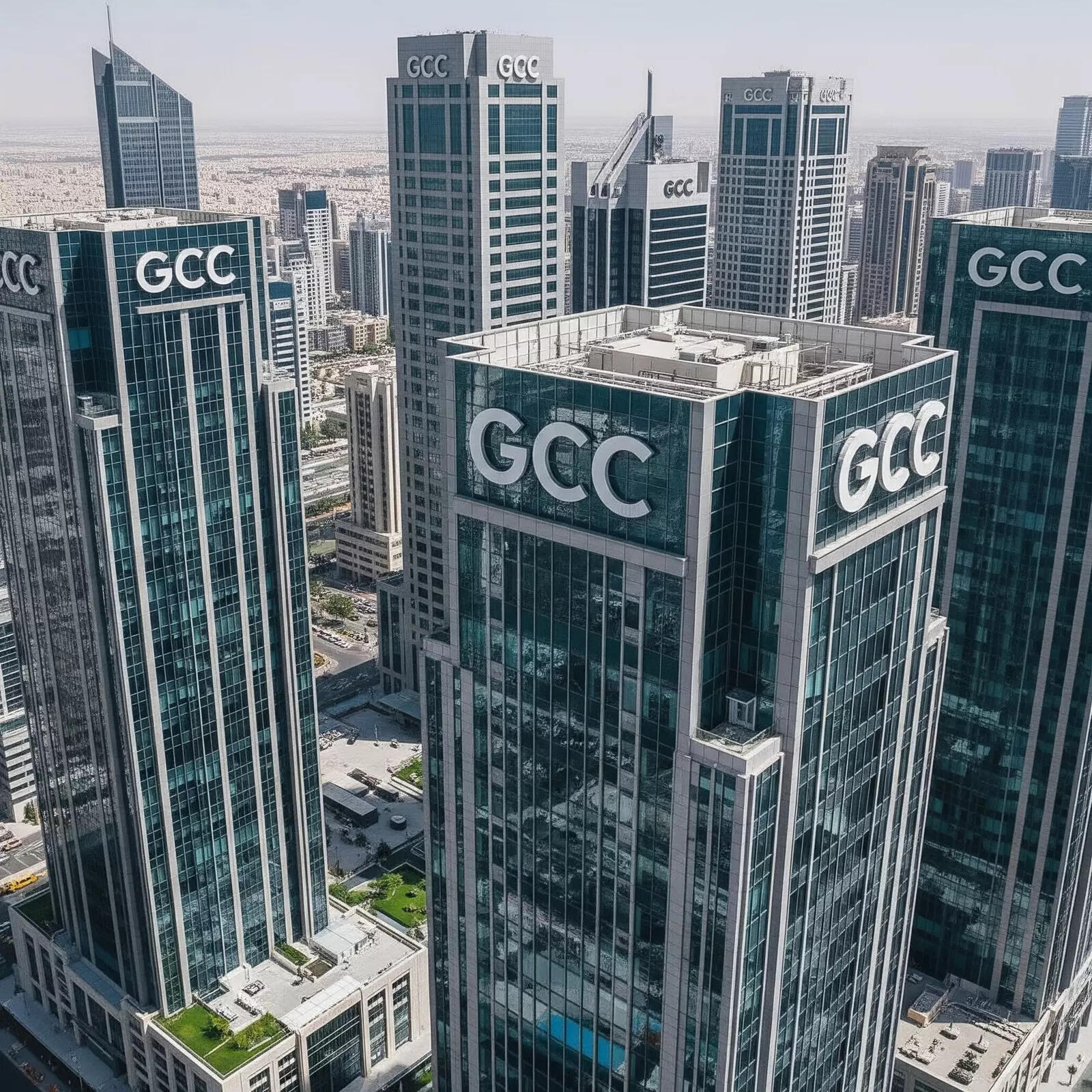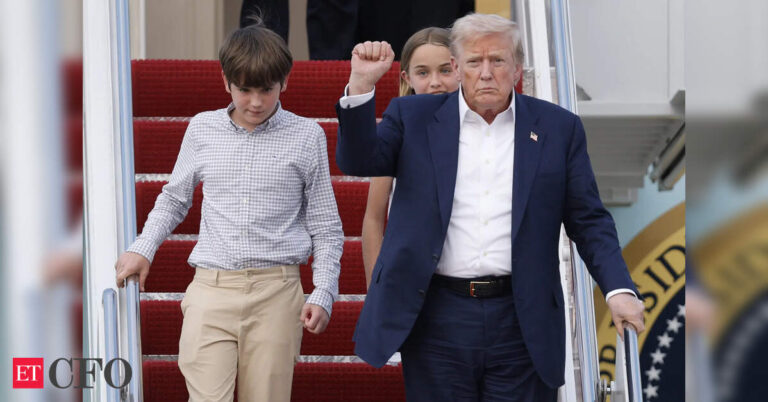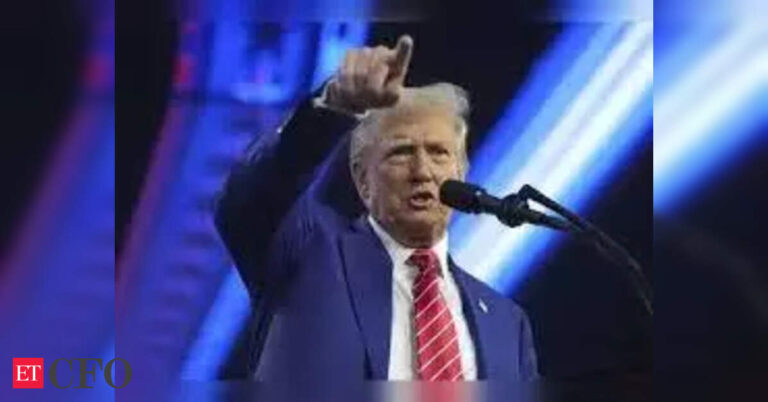
Summary: Will Donald Trump’s call for US tech giants to stop hiring from India impact India’s Global Capability Centres (GCCs)? While concerns rise over overseas roles and student placements, experts suggest that India’s GCC ecosystem may remain resilient. Tighter visa norms could in fact push more US firms to expand their presence in India, using GCCs to access skilled talent without navigating immigration hurdles. With over 1,700 centres already operating, and steady growth continuing through 2025, US firms are more likely to adapt than retreat.
US President Donald Trump’s recent remarks urging American tech giants to stop hiring from India and instead prioritise domestic workers have stirred concern across India’s tech employment. While the comments do not yet reflect official policy, they have sparked fears over the potential impact on Indian engineers, particularly those targeting roles in US-based tech firms or placements at top-tier institutes like IITs and IIMs.
However, analysts suggest that India’s Global Capability Centres (GCCs), which have become integral to the global operations of US multinationals, are unlikely to face any significant setback. In fact, should visa restrictions tighten as part of a broader “America First” push, the relevance of GCCs in India may only increase. These centres—handling functions ranging from AI and digital transformation to R&D and global finance—allow companies like Google, Microsoft, and Apple to access Indian talent without navigating complex immigration procedures.
The GCC growth
India currently hosts over 1,700 GCCs, employing nearly 1.9 million people and generating close to $65 billion in exports. The ecosystem has continued to grow, with more than 30 new GCCs and expansions recorded in early 2025 alone. US companies have been at the forefront of this expansion, recognising India not only as a cost-efficient destination but as a centre for innovation and strategic operations. Experts tracking the sector believe that the number of GCCs could rise to over 2,100 by 2030, generating upwards of $110 billion annually.
Despite the rhetoric from Washington, India’s GCC ecosystem remains firmly embedded in global business strategies. With over 60% of Fortune 500 companies already operating in India, the nation has established itself as a dependable partner for global delivery and innovation. Mid-sized and large enterprises continue to invest in new GCC setups across metros as well as emerging Tier-2 cities such as Coimbatore, Indore, and Bhubaneswar, drawn by favourable policy incentives and a maturing digital infrastructure.
While a formal shift in US immigration or outsourcing policy could alter recruitment strategies for overseas roles, it is unlikely to reverse the trend of growing onshore hiring in India. In fact, any move to limit H-1B visas may further accelerate the shift towards captive centres within India. This evolution could redefine career paths for Indian engineering and management graduates, who may increasingly find themselves working on global products and services from Indian soil rather than relocating abroad.
While Trump’s statement is seen more as a political signal than a concrete policy shift, in reality India’s GCCs appear poised to play an even larger role in the global strategies of US firms. As geopolitical factors continue to shape global talent flows, the resilience and strategic value of India’s GCC ecosystem are expected to keep it on a strong growth trajectory.

























